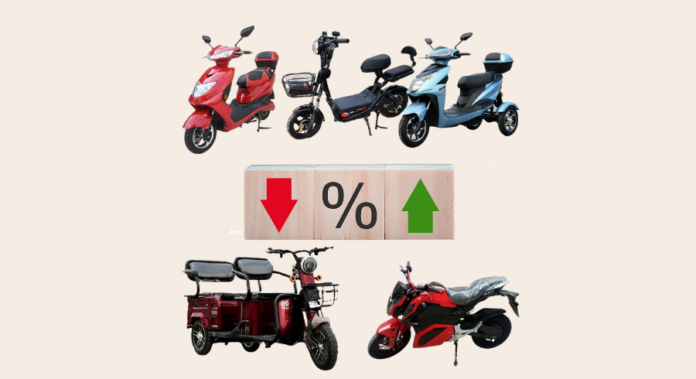Despite challenges in road infrastructure, sales of Electric Vehicle (EV) motorbikes have seen remarkable growth across all social segments in Pakistan. According to local market sources reported by the Business Recorder, approximately 15,000 units were sold in a single month (July 2025) by around 45 two-wheeler companies. This surge is supported by both provincial and federal government initiatives aimed at promoting EVs and reducing environmental pollution.
EV sales have risen sharply over the past few years. In 2022, only 2,000 units were sold, while 6,000 units were sold in 2023. By 2024, this number reached 33,000, and in the first seven months of 2025 alone, 57,800 units have been sold. Industry insiders predict that the total number of EV motorbike sales could hit 100,000 by the end of the year.
As a result, manufacturers have ramped up production, with monthly output reaching 7,000 units since January 2025. Leading brands such as Evee, Metro, and Vlektraare have introduced various models equipped with advanced features, including anti-theft alarms, safety breakers, tubeless tires, and motor and battery warranties to attract customers.
EV prices in Pakistan vary between Rs180,000 and Rs300,000 for standard models, and Rs350,000 to Rs600,000 for higher-end variants, despite concerns over their higher price compared to traditional fuel-powered bikes.
Hamza Asad, Director of Sales & Marketing at Evee Co, told Business Recorder that continued government support for the Auto Industry Development and Export Policy (AIDEP) 2021-2026, extending through to 2030, is essential for the growth of the EV industry in Pakistan. He emphasized the importance of creating user- and industry-friendly policies.
Asad also highlighted the healthy competition between EV and gasoline bikes, citing China’s success, where annual EV bike consumption reached 40 million. He pointed out that the main challenge for both EV and gasoline bikes remains the local road infrastructure. Despite the higher price, he noted that EV bikes incur no monthly maintenance charges, such as oil changes or tuning, making them more appealing in the long term.




